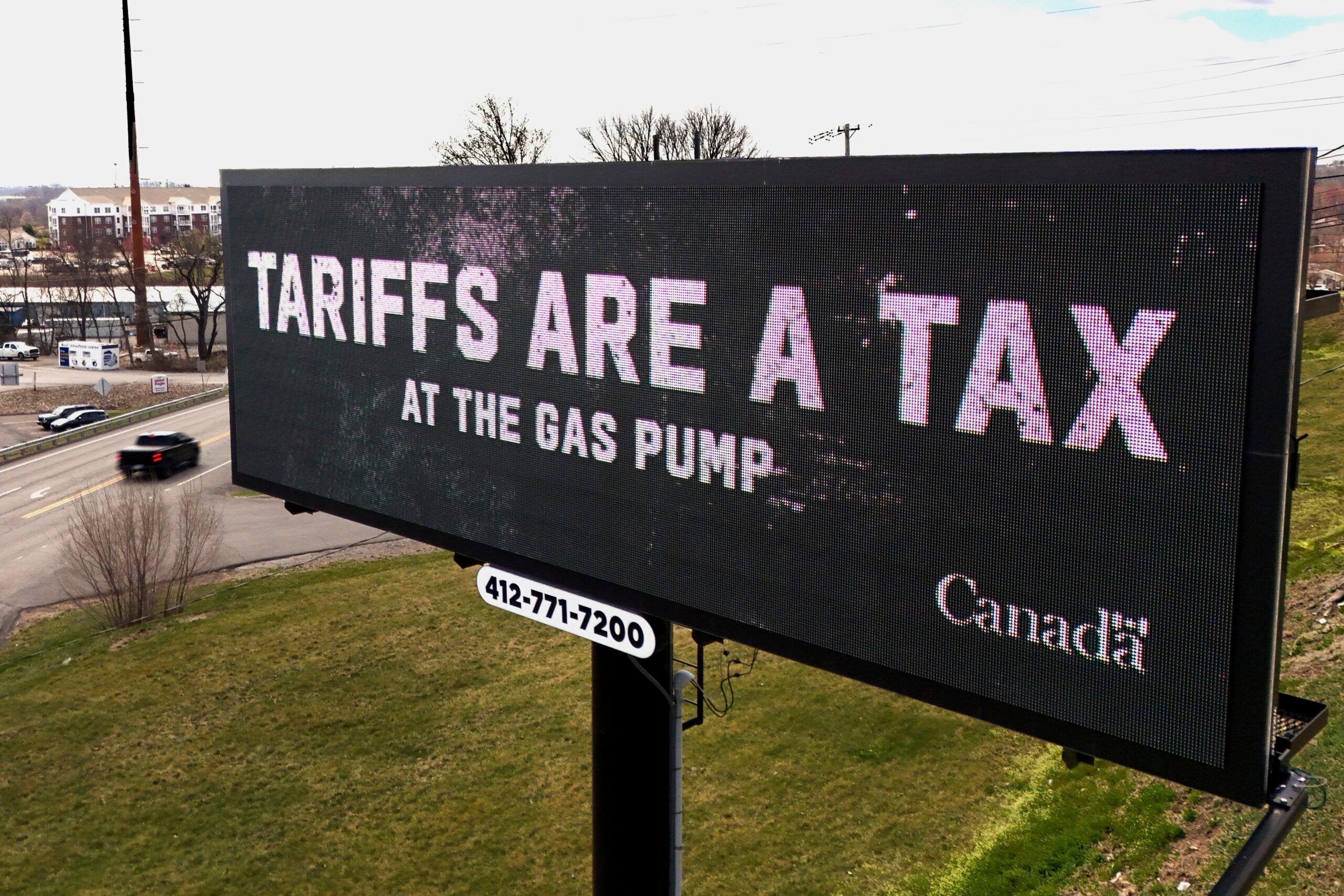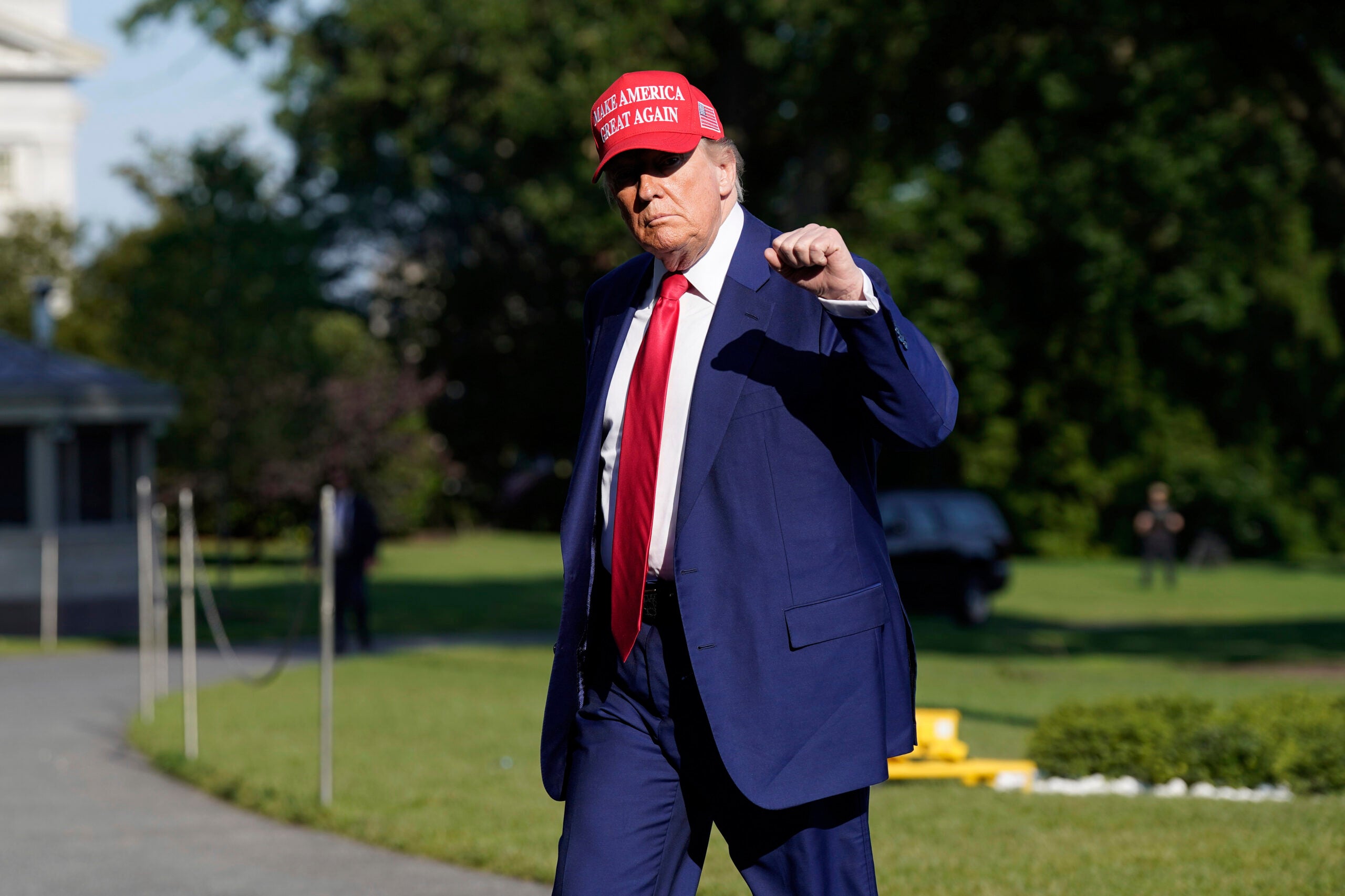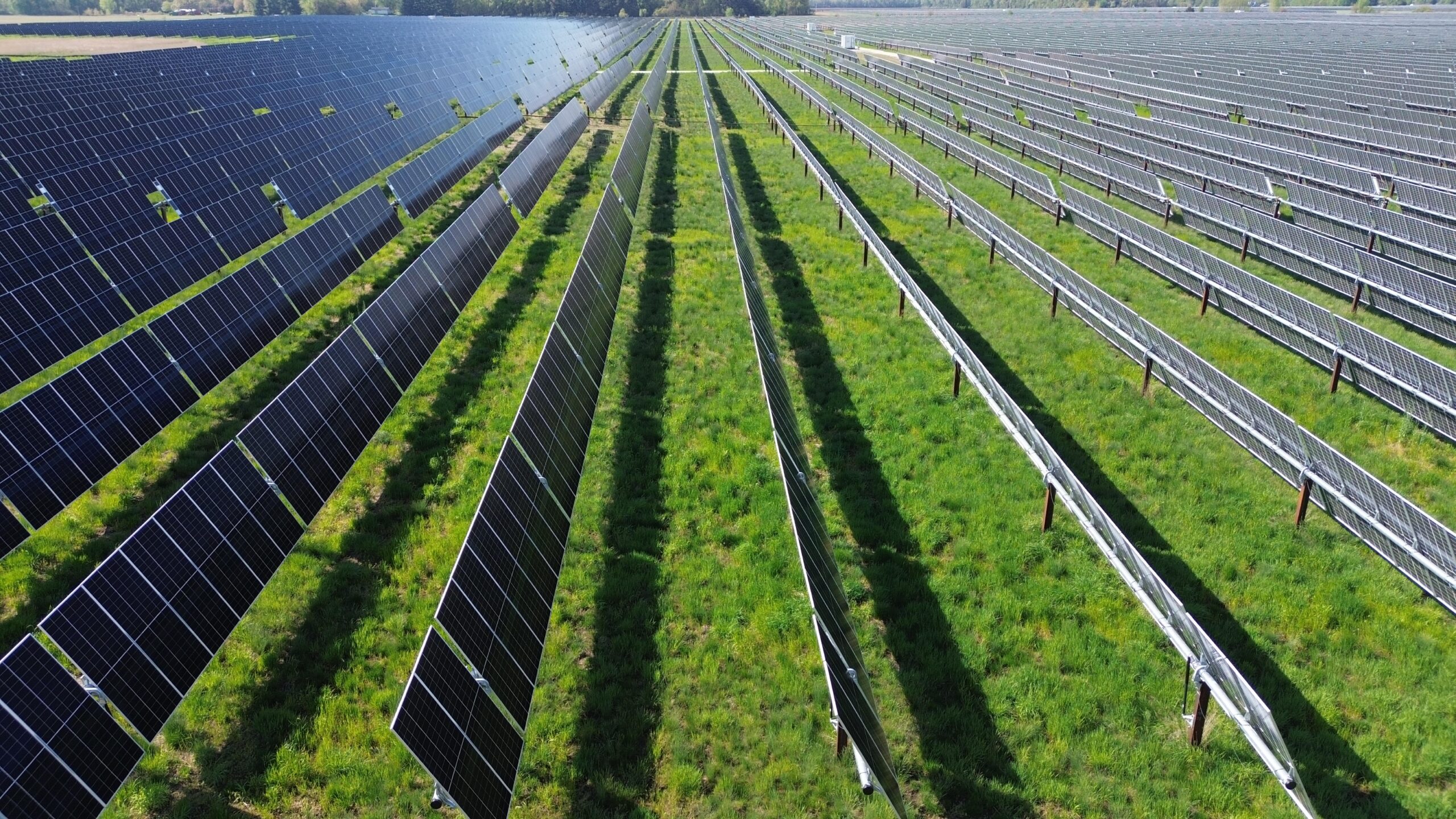Along Interstate 94 in Milwaukee, a huge electronic billboard carries a simple message: “Tariffs Are A Tax.”
Smaller print tells the story of who is sending the message: “Paid for by the Government of Canada.”
The Milwaukee billboards are part of an unusual advertising campaign launched by the Canadian government across a dozen states as threats of a trade war and digs by President Donald Trump at Canada’s sovereignty have frayed the relationship between the two countries.
News with a little more humanity
WPR’s “Wisconsin Today” newsletter keeps you connected to the state you love without feeling overwhelmed. No paywall. No agenda. No corporate filter.
In its latest move to impose new tariffs, the Trump Administration announced 25 percent tariffs for imported cars and some automobile parts this week.
In an interview with CNN, Canadian Minister of Foreign Affairs Mélanie Joly said the digital billboards will be placed along “key highways” in 12 states.
“We’re doing that because we think that we (Canada) need to send a message to the American people for them to understand what’s at stake,” Joly said in the interview. “Because this is really going to hurt, you know, their livelihoods, and have an impact on their wallets.”
Since taking office in January, Trump has imposed new tariffs on China and has imposed tariffs on steel and aluminum, according to an NPR report. Meanwhile, planned retaliatory tariffs from China, Canada and the European Union could impact industry in Wisconsin.
In a social media post on X, Joly wrote, “We are launching ads in the US to make sure all Americans know that tariffs are taxes on everything they buy.”
A spokesperson for Global Affairs Canada said the digital billboards will be in Wisconsin, Arizona, Colorado, Florida, Georgia, Michigan, Minnesota, Nevada, New Hampshire, North Carolina, Ohio, Pennsylvania and the Washington, D.C. area.
Steven Deller, a professor in the Department of Agricultural and Applied Economics at the University of Wisconsin-Madison, called Canada’s billboard campaign “pretty unusual.”
“I can’t think of a single time that another government has taken a very proactive kind of marketing campaign like this,” Deller said.
“I think it’s extreme nervousness about how these tariffs will disrupt trade,” he added.
In a written statement, a spokesperson for Global Affairs Canada called the billboards an “educational campaign” to inform the American people about the impact of tariffs.
“The purpose is to increase the understanding of the American public and to counter misinformation,” the spokesperson wrote in the statement.
“The campaign is a strategic investment in Canada’s long-term economic interests, and its trade relationship with the United States,” the spokesperson added in the statement.
Aubrey Jewett, a political science professor at the University of Central Florida, said the billboards have been popping up in Florida as well. When he first heard about them, he said, he was “a little bit in shock.”
“I haven’t seen anything like this,” Jewett said in an interview with WPR. “You know, basically a foreign country advertising directly to Americans, trying to remind them that a tariff is indeed a tax.”
Jewett said it isn’t a coincidence the billboards are going up in battleground states and places where Trump won the majority of the popular vote in the 2024 election.
“It was sort of an interesting strategy to go at these competitive and red states and really try to convince a lot of Trump supporters — that even if they generally like Trump and like some of the things he said he was going to do — that perhaps these tariffs are not something they should support,” Jewett said.
Jewett said he’s not sure if the billboards will be effective, but he did say the campaign has been “eye catching.”
“A lot of people have noticed it for sure,” Jewett said.
A statement from the White House said the 25 percent tariffs on imported cars and some car parts will “protect America’s automobile industry.”
Wisconsin Public Radio, © Copyright 2025, Board of Regents of the University of Wisconsin System and Wisconsin Educational Communications Board.







